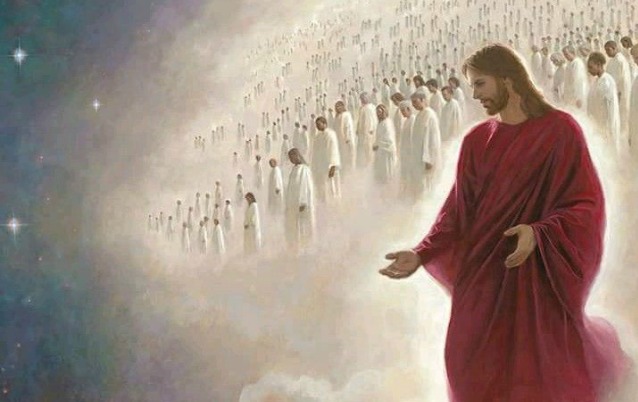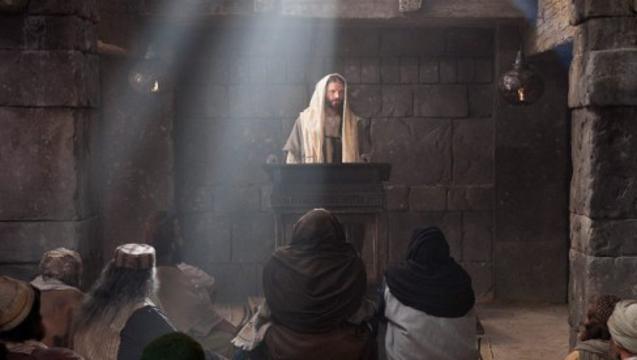

Hope was exercised in the belief, knowledge, that God indeed would answer his prayer. When God provided an answer, Joseph exercised faith when he decided to walk to a grove of trees, kneel down, and pray. Hope is exercised in the belief, or knowledge, that God will provide an answer and give us further knowledge as we read our scriptures (faith). Faith was exercised when Joseph Smith read his scriptures. The life of Joseph Smith, prior to receiving his first vision, is a great example highlighting the relationship between faith and hope. Hope is a principle encompassing our personal belief and knowledge in the promises given which will be received as we act in faith, or are faithful. The scripture you have highlighted, Moroni 10:20-21, clearly states, “Wherefore, there must be faith and if there must be faith there must also be hope and if there must be hope there must also be charity. And except ye have charity ye can in nowise be saved in the kingdom of God neither can ye be saved in the kingdom of God if ye have not faith neither can ye if ye have no hope.”įaith is a principle of power and action. ( Bible Dictionary)ģ) Charity - “But charity is the pure love of Christ, and it endureth forever.” ( Moroni 7:47) The scriptures teach us the following regarding faith, hope, and charity:ġ) Faith - “faith is not to have a perfect knowledge of things therefore if ye have faith ye hope for things which are not seen, which are true.” ( Alma 32:21)Ģ) Hope - An expectation that promised blessings according to our covenants and commandments will be received, not the worldly view of hope as “mere wanting,” - “believing you shall receive.” Hope is the means by which our faith grows or is increased, because through our hope, we act, and through our actions we receive further assurances. Forgiveness is the ultimate form of love, while we exercise faith and hope in the principle of forgiveness (temporally and spiritually). The principle of forgiveness, for example, incorporates faith, hope, and charity.

All three principles are unique faith is different from hope, hope is different from charity, and yet these three main principles are interwoven with each other.

In the Book of Mormon, one of my favorite scriptures is found within the book of Alma ( Alma 7:24), “And see that ye have faith, hope, and charity, and then ye will always abound in good works.” The three principles form the foundation of discipleship in the gospel of Jesus Christ. What’s the different between having faith we’ll be saved and having hope we’ll be saved? What is the difference between having faith and having hope? Are they different or the same thing? In Moroni 10:20-21, we learn they cannot exist without each other including charity however often we would think they are the same thing. The world has elevated LGBTQ leaders to that level, regardless of what the Church teaches on the subject.I would appreciate your wisdom here. They have invited government leaders, civic leaders, religious leaders, scientific leaders and others, regardless of what sins they might embrace privately or publicly. As part of this the Church has always sent out special invites to those that the world looks to as leaders. The whole point of an open house for temples is to let everyone, including those that might be seen as hostile and antagonistic to our faith, to come and see for themselves. Temple open houses have never had a worthiness requirement.

Why not have a special tour for addict’s, alcoholics, porn abusers, mentally ill people, gamblers, child abusers, people abusing the Word of Wisdom? Anyone who is struggling to live the commandments? Why do some in the church seem to cater to this group of people but not others? The local group directing this is planning a special guest tour just for LGBTQ leaders and LGBTQ opinion leaders. Our temple is going to have a open house before the dedication.


 0 kommentar(er)
0 kommentar(er)
